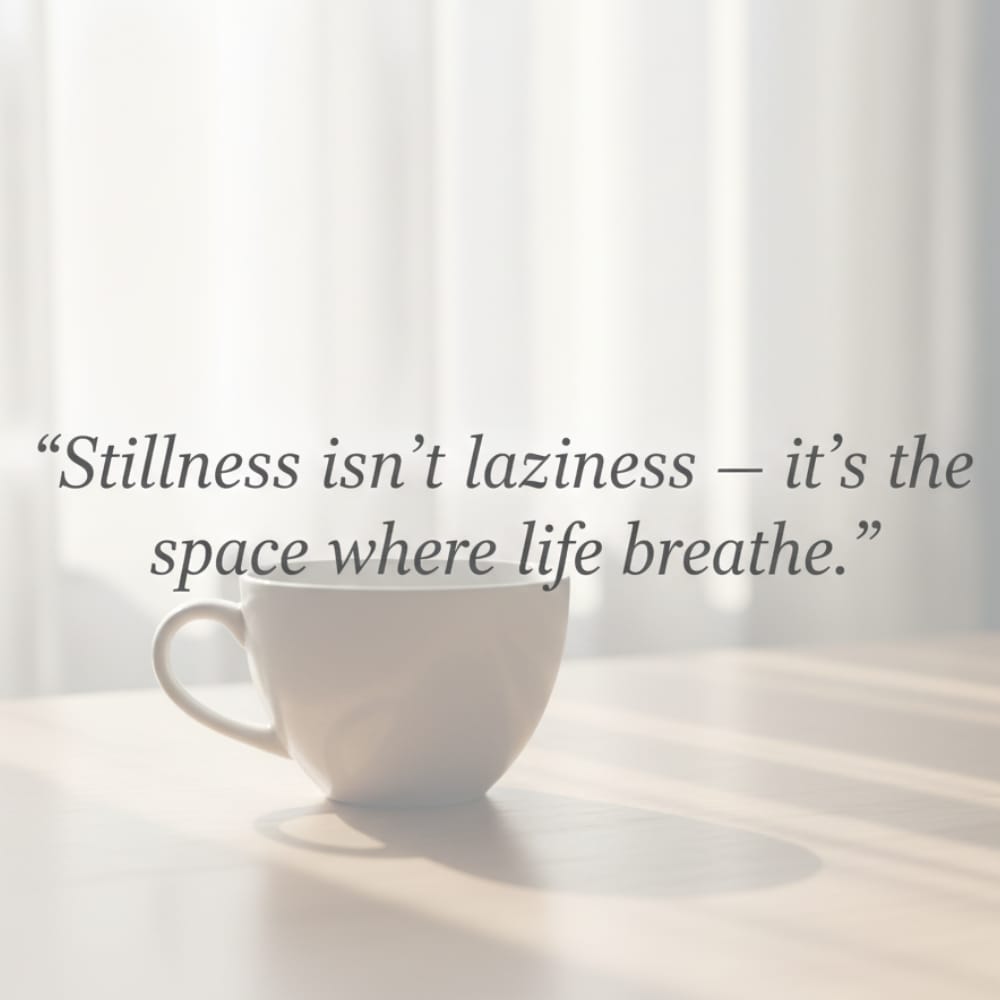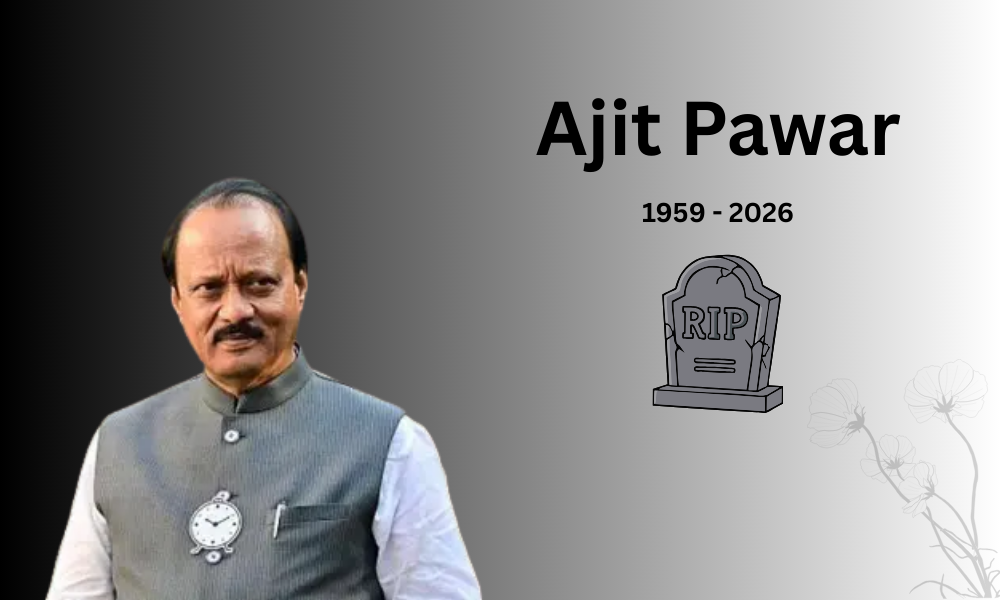The Lost Art of Doing Nothing: Why Stillness Feels Impossible Today
There was a time when doing nothing wasn’t a crime.
Afternoons were apathetic, contemplations meandered openly, and quiet felt like company.
Now, the minute there’s a stop — in a line, in a cab, or indeed between discussions, our hands consequently reach for the phone. It’s nearly as if stillness has ended up awkward, indeed unbearable.
We live in an age where busyness is celebrated. Efficiency is celebrated as a reason. But some places along the way, we’ve overlooked the calm, recuperating magnificence of essentially being.

The Distress of Stillness
Try sitting alone without your phone for ten minutes.
No music. No looking over. No diversions. Fair you and your thoughts.
Chances are, it won’t take long. Recently your intellect begins to tingle, “What ought to I do now?”
That encourage to fill quiet with something, anything, is confirmation of how profoundly we’ve misplaced touch with stillness.
It’s not our fault completely. Advanced life rewards development, not stillness. Due dates, notices, and perpetual to-do records keep us running. The world has conditioned us to liken “doing” with “living.” But if we’re continuously doing, when do we really be?
Why We’re Perplexed of Doing Nothing
Stillness uncovered us, to our contemplations, feelings, and the clamor interior our claim heads.
For numerous, that’s an awkward put to be. When life moderates down, we begin to take note of things we’ve pushed aside, stresses, laments, questions we don’t need to answer.
So instep, we scroll. We binge-watch. We keep busy.
Doing nothing feels “unproductive.” It triggers blame, like we’re squandering time or falling behind. Society has tied our worth so firmly to our yield that rest presently feels like rebellion.
But here’s the truth: stillness isn’t sluggishness. It’s a misplaced expertise, one that the human intellect frantically needs to remain sane.
The Old Intelligence of Idleness
For some time recently “self-care” got to be a buzzword, societies around the world caught on to the esteem of rest and reflection.
In Japan, there’s Ma, the delay between two minutes, seen as a space for awareness.
In Italy, dolce distant niente actually implies “the sweetness of doing nothing.”
Even in Indian reasoning, contemplation isn’t almost doing, it’s about being.
These conventions weren’t advancing sluggishness; they were ensuring adjustment. They recognized that inventiveness, peace, and understanding frequently come when the intellect is still, not when it’s overstimulated.
The Taken a toll of Steady Motion
We regularly talk about burnout as if it’s an advanced sickness, but it’s really an indication, of never stopping.
When your brain is always besieged with data, it loses its normal beat. You halt handling encounters profoundly. Feelings obscure. Days consolidate into one another. You might be doing a parcel, but feeling less and less.
Have you ever felt depleted indeed after a day where you didn’t “do much”? That’s mental weariness, your brain attempting to recuperate from overstimulation.
We fill each delay with something, a podcast whereas strolling, a appear whereas eating, a reel some time recently resting. The result? Our minds disregard how to rest. We’ve gotten to be awkward with quiet since we’ve overlooked what it feels like to fairly exist in it.
Why Doing Nothing Is So Important
When you permit yourself minutes of nothingness, something wonderful happens, your intellect declutters.
It’s in those calm crevices that thoughts interface, imagination sparkles, and feelings settle.
Some of the world’s most prominent masterminds, Newton, Einstein, indeed Tagore, esteemed isolation not since it made them profitable, but since it made them clear.
Doing nothing gives your brain space to breathe.
Learning to Be Still Again
Here’s how to begin finding consolation in stillness again:
- Begin Small
Take five minutes a day with no phone, no music, no diversions. Sit close to a window, see the exterior, or near your eyes. To begin with, it will feel unusual, that’s ordinary. The objective isn’t reflection; it’s essentially to be.
- Let Boredom In
Don’t surge to fill each minute. Holding up in a line or sitting in activity doesn’t continuously require amusement. Boredom isn’t your adversary, it’s the entryway to imagination.
- Detach to Reconnect
Try one “no-screen hour” day by day. Walk without your phone, eat without looking over, or lie down without checking messages. Observe how your faculties gradually begin to hone again.
- Spend Time in Nature
There’s something enchanted with nature, it moderates your cadence without exertion. Observe a tree influence or waves roll; you’ll take note your intellect normally starts to quiet.
- Halt Measuring Each Moment
Not everything you do has to have a result. You don’t require to turn each leisure activity into a side hustle or each minute into substance. Let a few parts of your life stay private and purposeless, that’s where peace hides.

The Delight of Essentially Being
Some of the most joyful recollections individuals review aren’t from amazing accomplishments but from straightforward, unhurried minutes — sitting on a porch amid rainstorm, lying beneath the fan on a sluggish evening, or talking heedlessly with a friend.
Those minutes feel uncommon presently, but they’re not gone until the end of time. They’re holding up for us to moderate down sufficiently to take note of them again.
Doing nothing isn’t cruel being sluggish; it implies giving your soul a minute to capture up with your body. It’s consent to exist without execution, to live without continually demonstrating that you’re living.
Conclusion
In the End
We frequently chase peace through efficiency, yoga classes, mindfulness apps, end of the week withdrawals, but the truth is, peace doesn’t require to be planned. It’s as of now there, underneath the clamor, holding up for you to halt long enough to feel it.
Doing nothing is not the nonappearance of life. It’s the space where life breathes.







